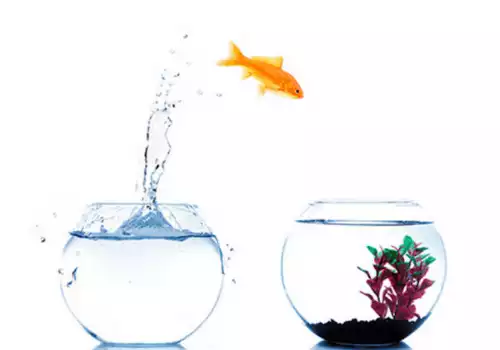According to the AEQ method, emotional maturity determines how strong and complex an emotion a person can accept or express while maintaining adequate awareness and conscious control to use the energy of the emotion in a way that enables better results than in the past.
The process of learning the AEQ method is primarily intended to enable more and more understanding of oneself, energy transfers within your body and between oneself and the environment as a condition for life. The more we understand these processes, the more we can observe and feel them in ourselves, and thereby more correctly influence them, and thus learn where we are appropriately and inappropriately developed for effective functioning in the present and better regulation of relationships in the environment in which we live and work. In this way, we gradually become aware of our own level of emotional maturity in a certain area of life and form a “catalog” of the abilities and shortcomings of our own soma. The learning process constantly directs, encourages, rewards, and punishes on the way to raising the level of average emotional maturity and raising the level of emotional maturity in areas where it was insufficiently or inappropriately developed in the past.
In this way, we gradually and appropriately increase the efficiency and accuracy of the perception of the actual situation, improve the ability to predict how certain behavior in the present will affect his future and the future of those around him, and how we can use the known past to change the future. At the same time, we can always better determine illogical reactions for which we do not yet know or cannot discover events in the past that created certain fixed behavioral patterns that we use, even though we are not satisfied with the results and their impact on the future. Changes in the field of feeling and the use of what is felt to systematically change certain patterns of behavior into more suitable and effective ones enable us to achieve higher efficiency and correctness of decision-making and behavior and thus improve results. This leads to higher self-confidence, a reduction in fear of the consequences of behavior changes, and a reduction in fear of relaxation.






